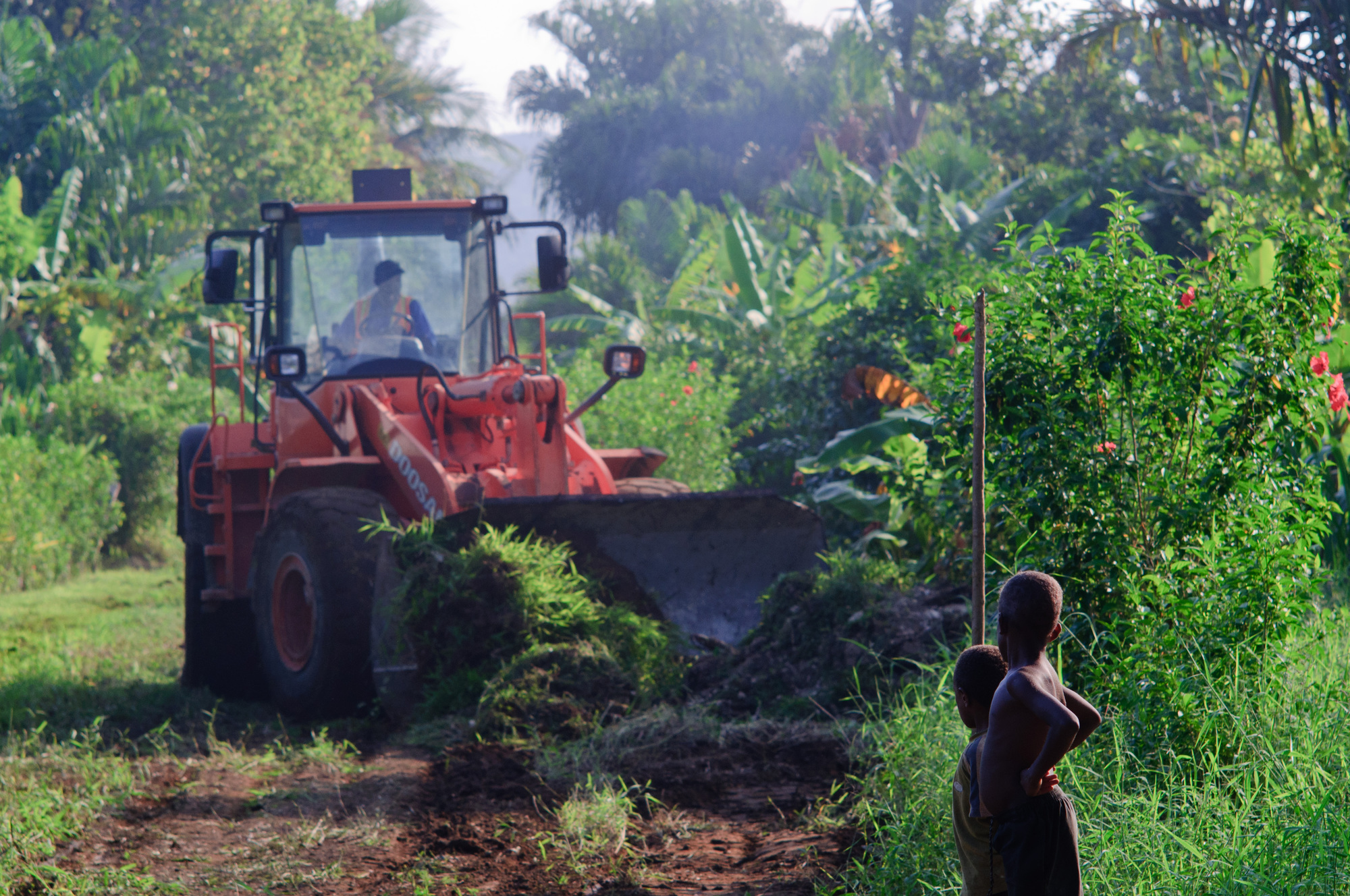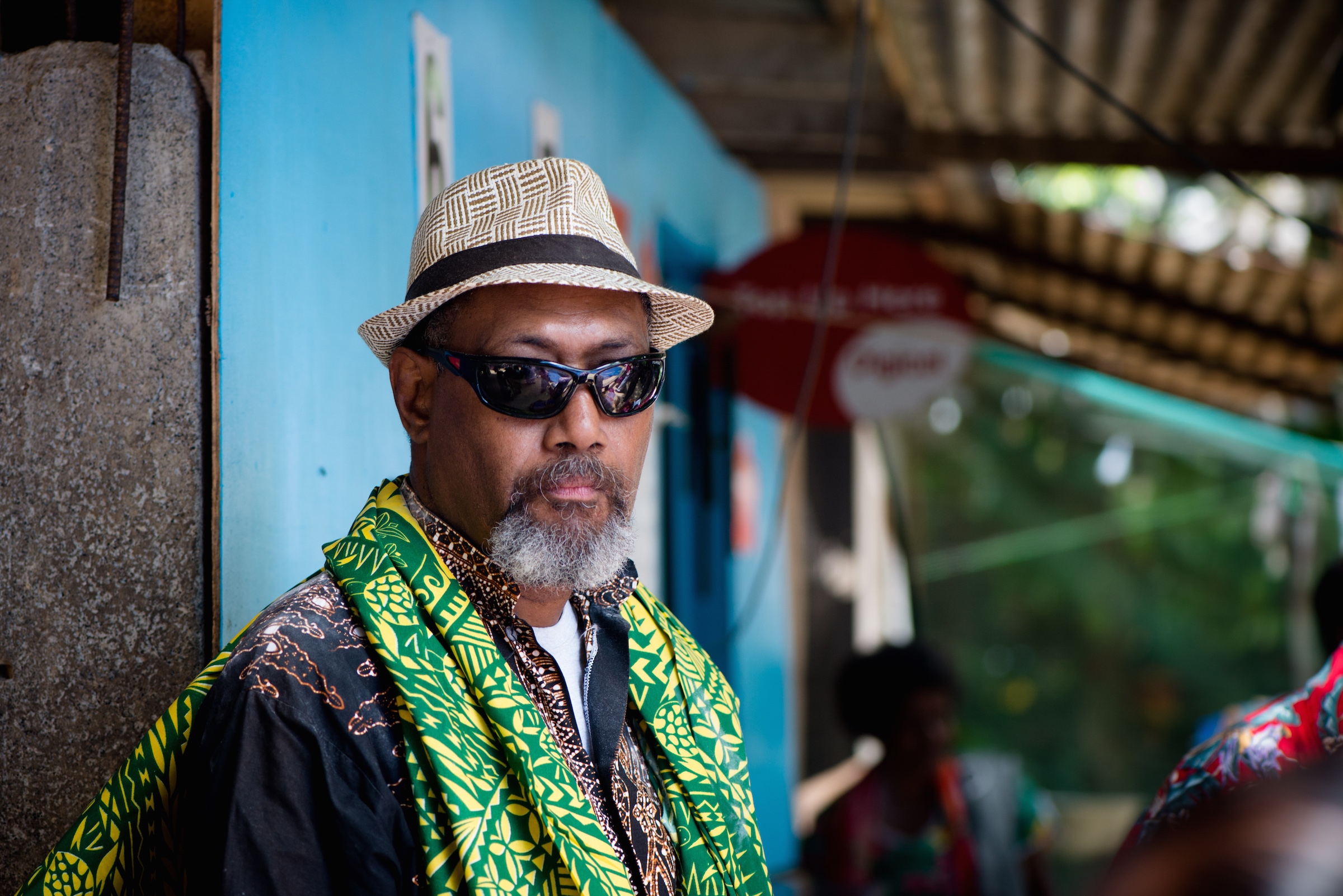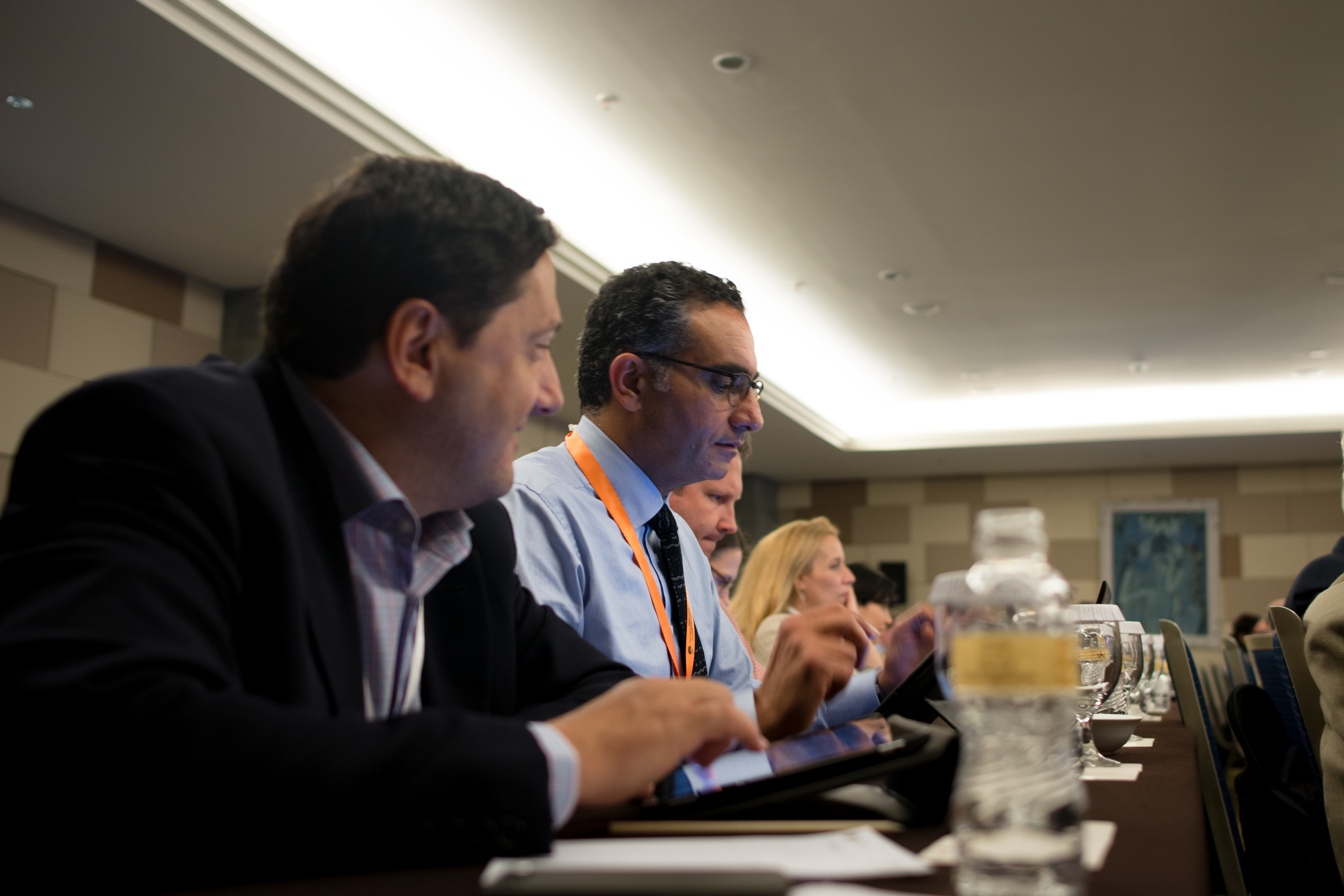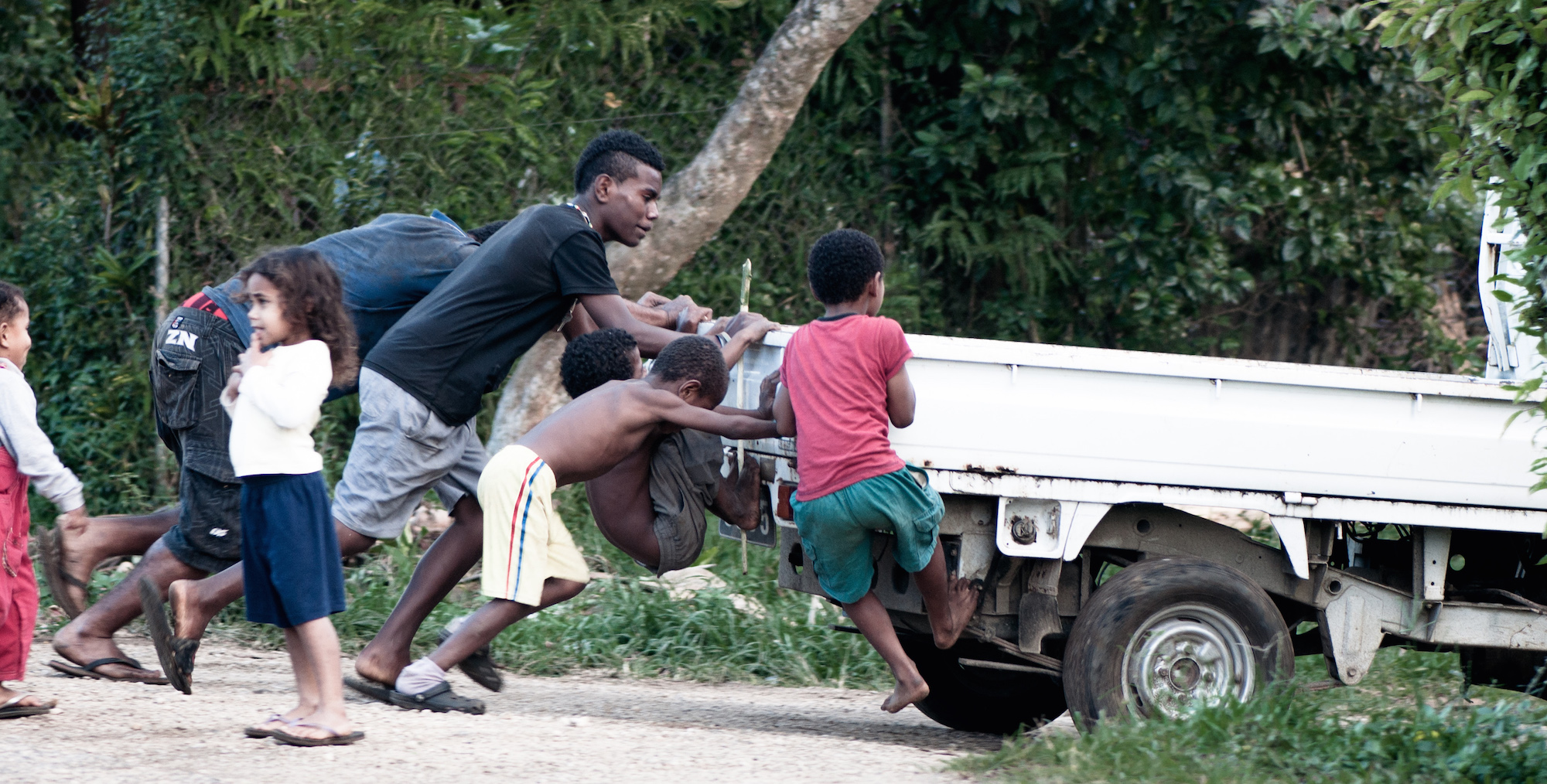It’s like clockwork, really. Someone stumbles across a story purporting to show the benighted and backward peoples of some far corner of the world, and everyone jumps up, bemoaning the fact that, in this day and age, people are still capable of ignorance, superstition and occasionally, brutality to others.
This month’s installment comes to us courtesy of new media. Mobile phone photographs of the torture and execution of a woman from the highlands of Papua New Guinea caused a global furore, typified by the Global Mail’s supercilious headline: It’s 2013, And They’re Burning ‘Witches’.
Who is this ‘they’ you keep talking about?
It’s really hard to know where to begin with a story like this. Yes, witchcraft, magic and sorcery are still practiced widely – not only in Papua New Guinea, but in many parts of the world. To give you an idea how ingrained it remains in some societies, Vanuatu recently saw a man plead guilty to it. Yes, he himself believed that he had injured someone by magical means.
Happily, in the rest of the world, such superstitious folderol no longer exists, right? In place of magic, we have graduated to ghosts, angels and auras, terrorists, extra-terrestrials and illegal aliens. Honestly, do we even pause to see what’s on the (so-called) Discovery channel before writing headlines like this?
Sure, you reply, but at least we don’t lynch people any more. We don’t drag them from their home, cut them with bush knives, shave their head, douse them with acid and then burn them alive. That would be a fair point, if it were true.
Read any national news service long enough and it’s bound to come out – whether it’s a gang rape in India, an honour killing in Pakistan or in the London suburbs, murder of albinos in central Africa, race-baiting in the American south or gay-bashing in Moscow… it’s still there. Everywhere you look, the weak and the outcast are preyed upon. It’s not happening everywhere all the time, but it’s happening.
And yes, it’s unutterably wrong.
It’s also innately human. It may come from our most bestial nature, and rule of law does sometimes operate to curb it, but cruelty, victimisation and scapegoating remain essential, albeit shameful, parts of human nature. If you live in a society with a functioning police force and a more liberal set of social standards backed by solid legislation, you may be able to operate under the illusion that such inclinations have somehow been expunged from your nature. As someone who is dealing (not abstractly, but right here, right now) with the threat of violence in a society that condones it, let me assure you: it has not.
Good laws may help, if only to raise awareness and make it a matter of public record that violent abuse, no matter what motivates it, is simply wrong. But having laws on the books serves no purpose if society itself chooses not to reject this behaviour. And frankly, that won’t happen if one half of it is busy sitting back and castigating the other.
There is nothing easier than name-calling when someone’s already called you names. So my advice to you holier-than-thou commentators is to try a different tack. Start from the assumption that we are, all of us, beasts at our core, with only social opprobrium and the policeman on the corner to hold us back.
Napoleon’s famous observation about a world power built from a nation of shopkeepers can guide us to a useful next step. The more our day-to-day lives are invested in peace, politeness and order, the more reason we have to use the state’s resources to defend good behaviour. Never forget that, no matter how difficult it may be to accept, the violent abuse of vulnerable people is more often than not punishment for social transgression. The secret therefore, is to change what is seen as transgression. We achieve this by embracing others, welcoming them into the fold, and sharing our prosperity, wealth and values.
Facile, mocking headlines decrying the Other take us in exactly the opposite direction.
By the way, did nobody else remark upon the fact that, were it not for mobile technology, this killing –like the countless others that came before– would never even have been remarked upon? The very fact that the criminal act was recorded and disseminated speaks to an opportunity for change. If, that is, we get past our own prejudices and embrace it.
[This was originally published in Pacific Politics.]






